Back to Courses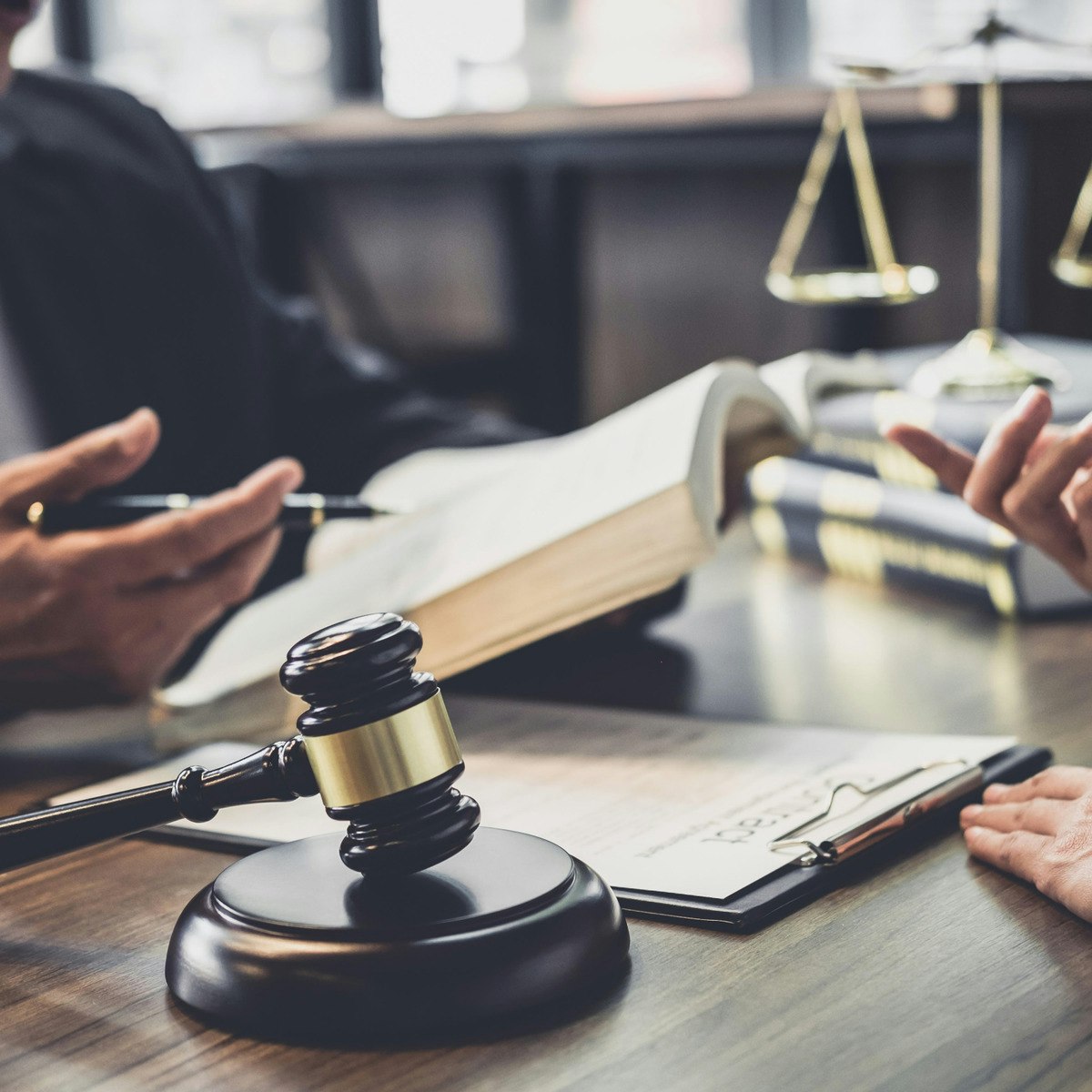

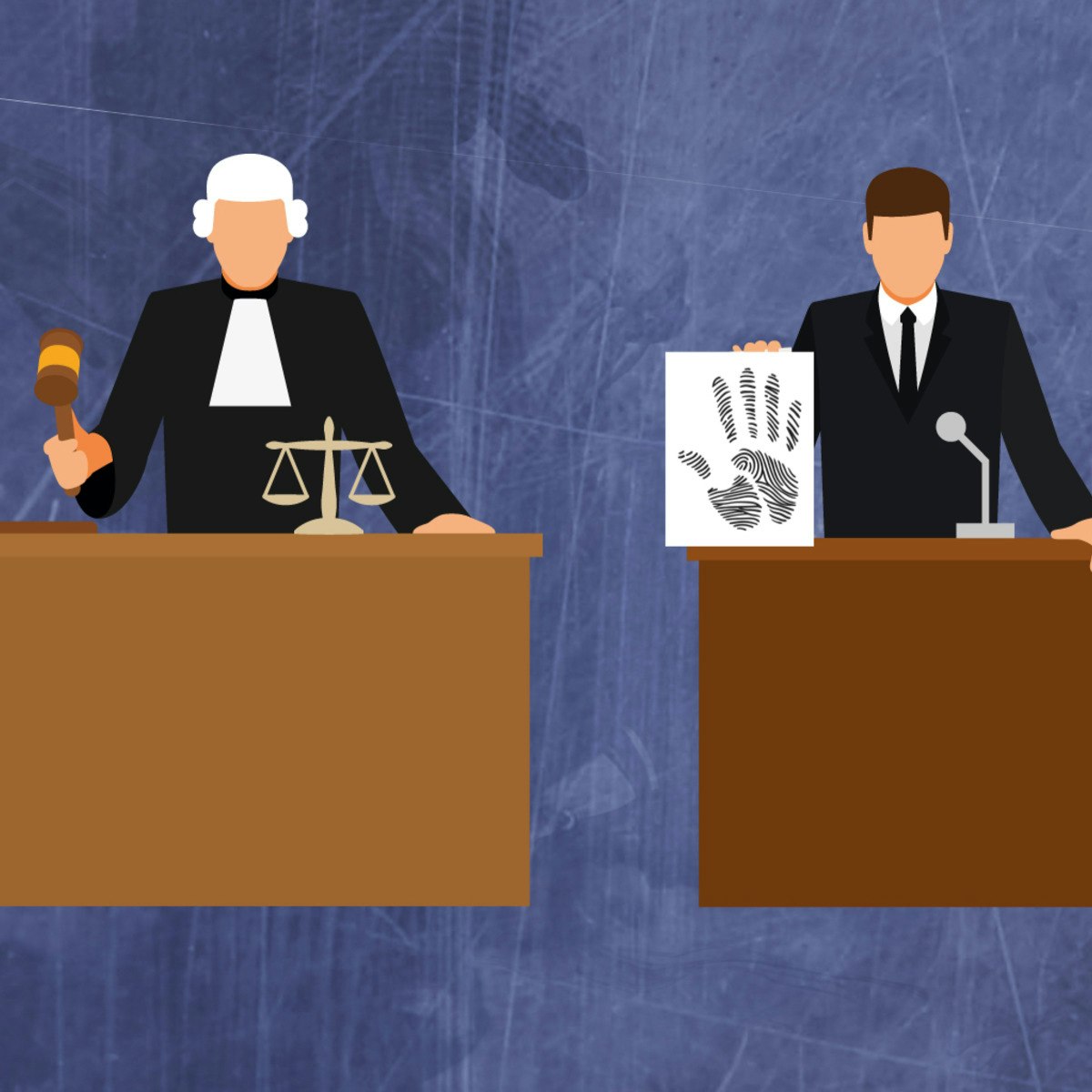

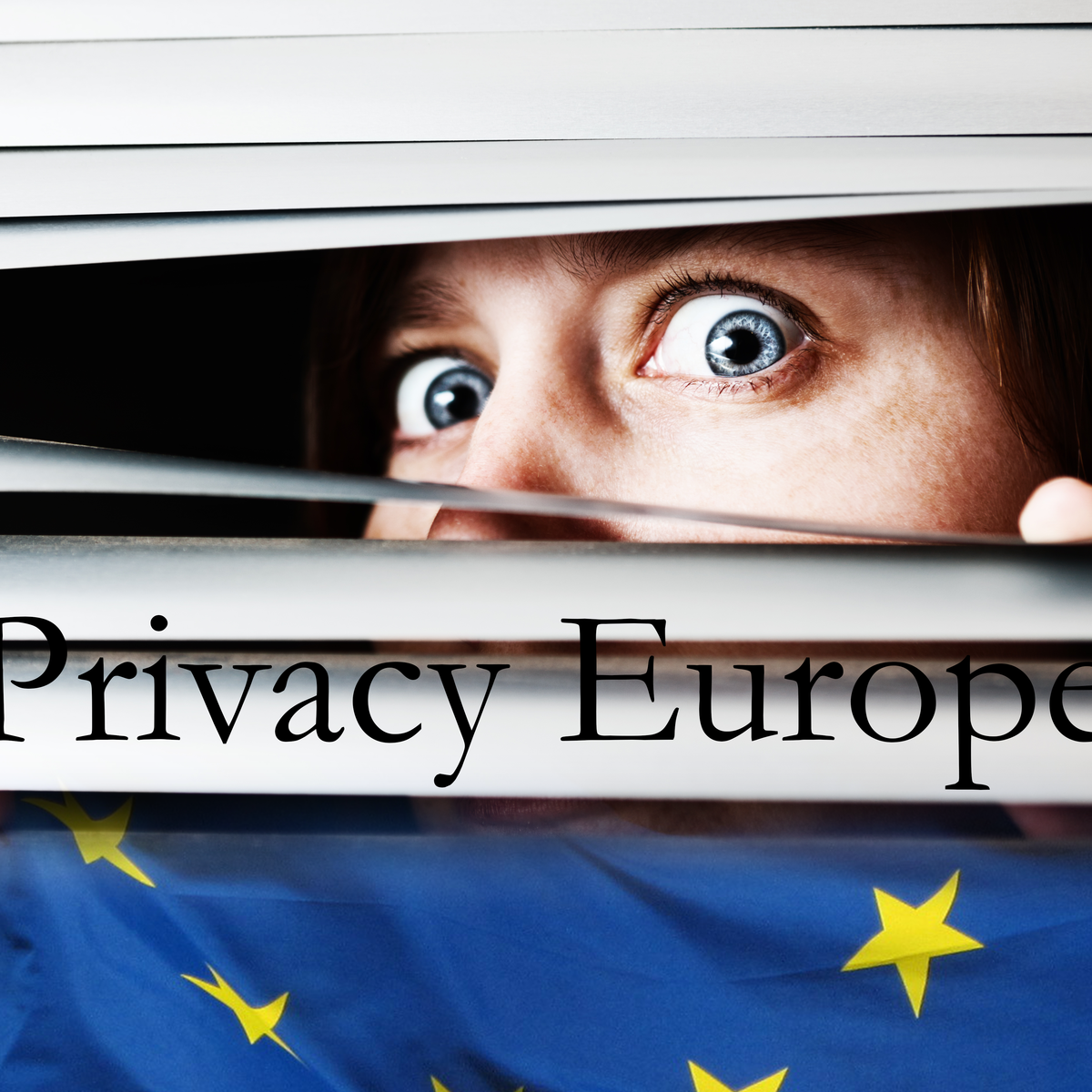
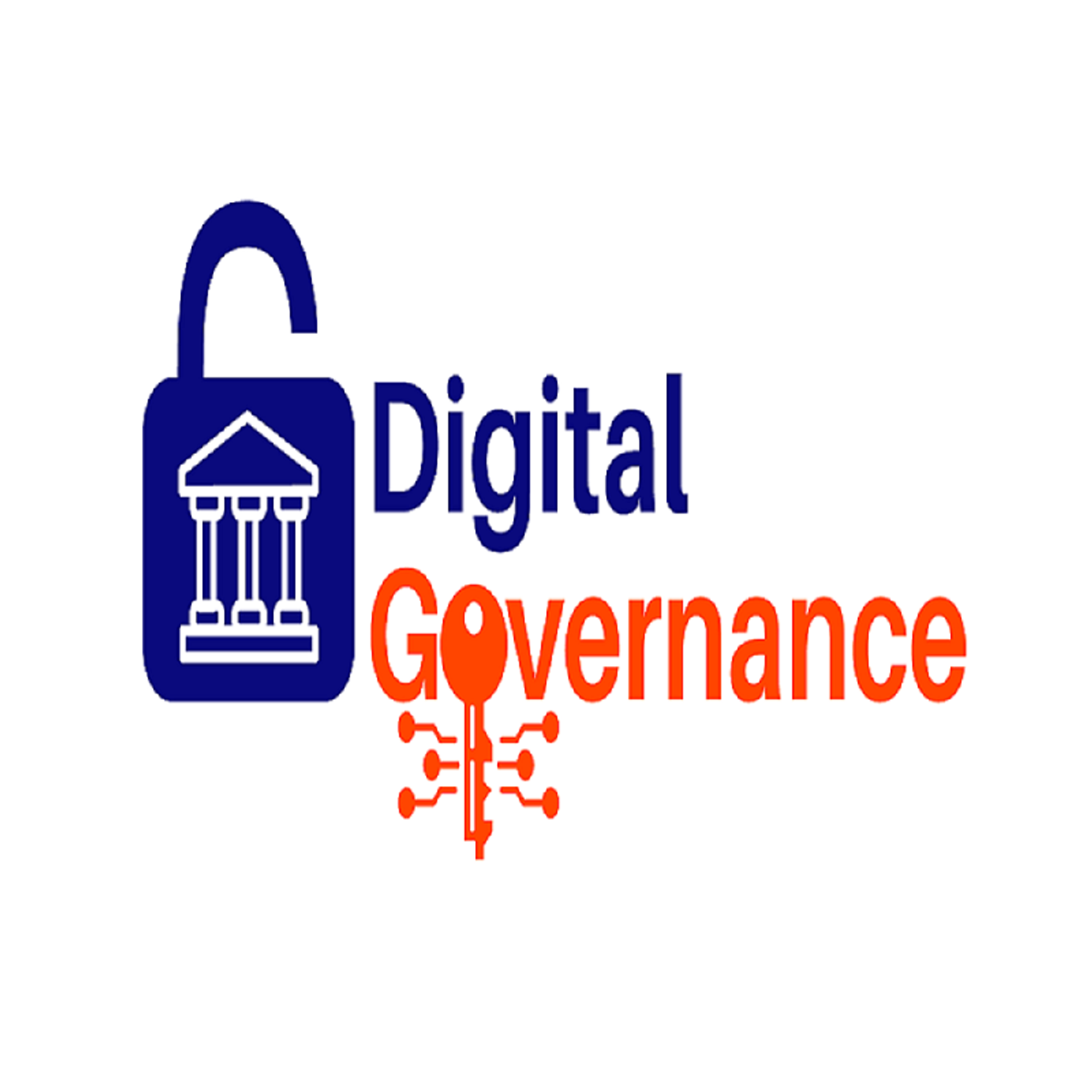
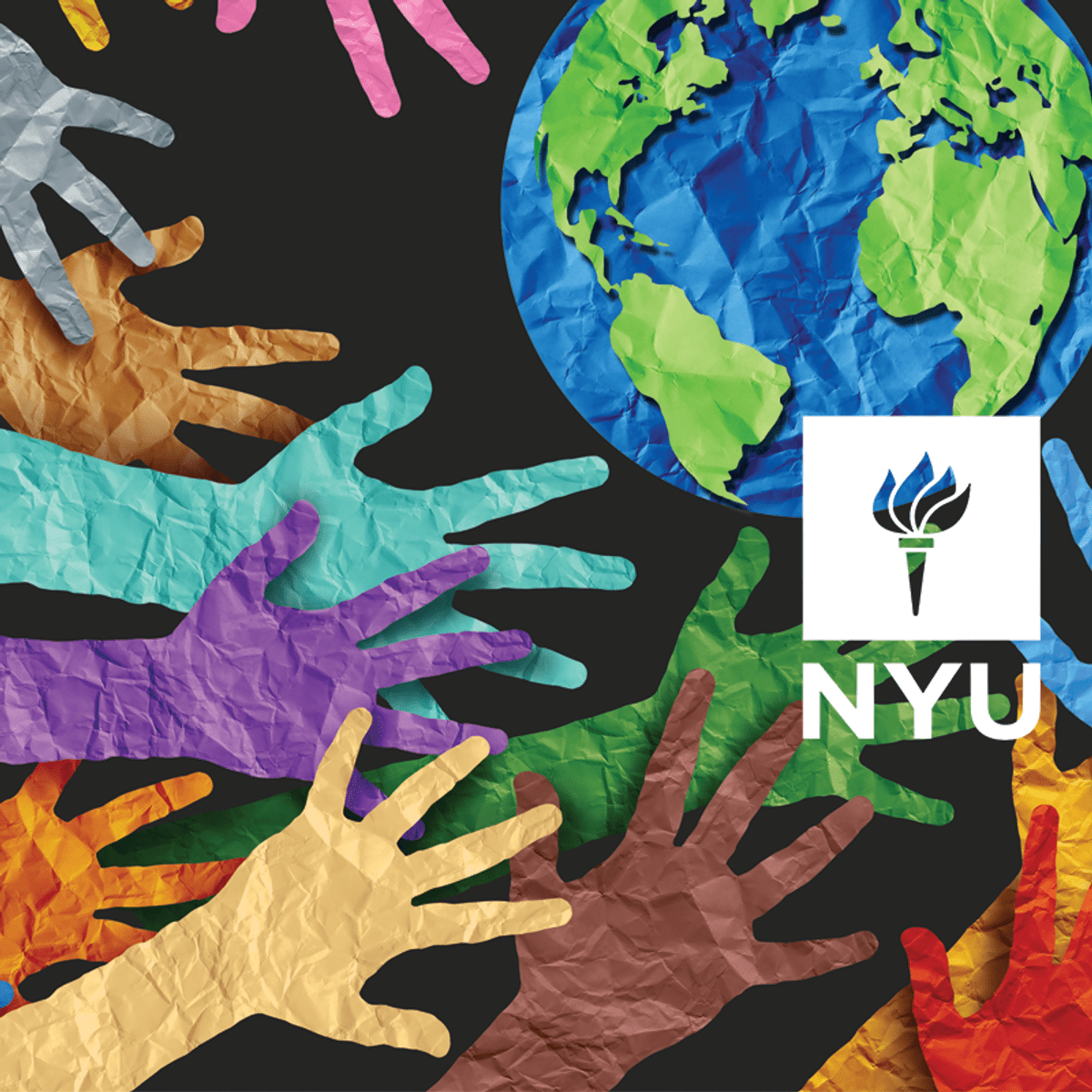



Law Courses - Page 2
Showing results 11-20 of 73

Legal Contracts and Agreements for Entrepreneurs
This course focuses on how legal contracts may impact or impede the success of aspiring and active entrepreneurs. We explore a wide variety of legal considerations, including:
* What types of legal contracts and agreements are appropriate for which entrepreneurial activities and actions?
* What is the role of torts, liability, and negligence in creating and managing products and services?
* How should contracts and sales agreements be created, evaluated, and negotiated?
* What legal considerations are applicable when raising financial capital?
"Legal Contracts and Agreements for Entrepreneurs" is one of three courses in the "Legal Aspects of Entrepreneurship Specialization" by Coursera and the University of Maryland. This specialization explores the critical legal and business issues entrepreneurs face as they build and launch a new venture. Learners examine real-world scenarios and address legal and business issues from ideation to all of the important junctures along the path to success. Significant attention is placed on new venture formation, intellectual property management, and contracts and financing arrangements.

Introduction to Intellectual Property
Intellectual property is the currency of the tech world, with the world’s most valuable intellectual property assets dwarfing the value of their real-world counterparts. Apple’ trademarked brand was valued at over $100 billion as of 2017. J.K. Rowling’s Harry potter franchise has generated over $25 billion to date. But how did the law come to create such enormous value in intangible assets?
This course will introduce the various types of U.S. intellectual property: patents, which cover inventions and process innovations; copyright, which protects original works of authorship; and trademarks, which protect a business’ commercial identity as the source of valuable goods and services. You will then explore case studies of how global businesses have used intellectual property law to generate enormous value from these intangible assets.

Challenging Forensic Science: How Science Should Speak to Court
The aim of this course is to promote critical thinking with regard to forensic science. Today, in general, most people are dazzled by the technical possibilities offered by forensic science. They somewhat live in the illusion that forensic evidence is fool proof and brings factual findings with 100% certainty. This course – given by specialists in the field – goes beyond the conventional image that is promoted through TV series such as CSI. It alerts (without alarming) the public on the limits of the techniques in order to promote a sound administration of forensic science in the criminal justice system. It allows participants to understand the importance of probabilistic reasoning in forensic science, because uncertainty is a constitutive part of forensic science. The course is constructed as a series of causes célèbres that could or have led to miscarriages of justice. Some of these cases have been part of case reviews carried out at the School of Criminal Justice of the University of Lausanne.
******************
Special thanks to our translators, in particular the University of Lausanne and the School of Criminal Justice sincerely thank Massimiliano Stabile (forensic biologist), Francesco Zampa (forensic chemist) and Giampietro Lago (forensic biologist) for the Italian translation of the course.

Speaking and Presenting: Poise
Poise is not some elusive or innate characteristic. It’s a series of choices, all of which can help you better connect with your intended audience. This course will help you identify those choices and teach you how to make them in a way that consistently enhances the clarity of your message and the effectiveness of your delivery.

Privacy in Europe
After having followed Privacy in the Western world you have become acquainted with the overall global legal system and the origins of privacy as a concept as well as privacy as a (human) right. This course deals with the European legal system to protect privacy. European privacy protection is based upon human rights treaties, both on a European level as well global level such as, e.g. the UN Declaration on Human Rights. This course outlines and deals with these human rights treaties as well as with the specific rules and regulations that govern day to day privacy protection in Europe.
The course deals with how the European cooperation came into being after the devastating effects of World War II. Economic cooperation was deemed necessary to prevent another war. From economic cooperation other issues became part of the negotiations, and to this day more and more policy fields have become part of the European cooperation. Dealing with and having respect for different human rights is paramount in this cooperation. And privacy protection and regulation has become an increasingly important subject that has attracted a lot of global attention.
The course deals with the different legal elements that have played an important role into grabbing in legal terms the notion of privacy and how to legally protect it. The rules that enable the exchange of personal data between the USA and Europe is being dealt with. It also deals with the constituting legal elements that have become part of the General Data Protection Regulation (GDPR).
After successful completion of the course you will have sufficient baggage to know about the important legal elements and historical background on the coming into being of European privacy protection. I wish you a lot of success with following the course.

Digital Governance
Big data, artificial intelligence, machine learning, autonomous cars, chatbots, just a few terms that have become a part of our professional legal and political vocabulary. Emerging technologies and technological advancement have confronted us in our daily practice and will continue to do so in the future. Whether we’re buying something online, taking part in an election, or chatting with friends across the globe. Technology is here and it is here to stay. However, as convenience as these new technologies may seem, they also have disruptive effects on society and pose us for legal and political challenges. These challenges are central to this MOOC on digital governance.
After participating in this MOOC:
- You are aware of the impact and effect of emerging technologies on law and politics.
- You can identify risks and challenges of digitization in relation to EU law, markets and economics.
- You understand the interconnectedness of problems, questions and solutions.
- You are able to break down a concrete case of digitalization impact into a sub problem.
- You can allocate problems to various fields of science or sub-fields of law.
But most importantly, you will have a lot of fun and inspiration following this course, designed by an international community of legal experts in the field of digital governance. Come with us on the journey!

Climate Change and Human Rights
This course is primarily aimed at anyone interested in learning about the growing field of climate change and human rights. It will discuss the history of the field, key actors and cases, as well as emerging trends and takeaways.
This course is taught by César Rodríguez-Garavito, Professor of Clinical Law and Faculty Director and Chair of the Center for Human Rights and Global Justice at NYU School of Law.

Writing and Editing: Drafting
This third course in the “Good with Words: Writing and Editing” series will give you a number of strategies to help with what is often the most intimidating, even paralyzing part of the writing process: getting started.
You’ll learn about the “planning fallacy” and “temptation bundling.” You’ll get a chance to experiment with “freewriting” and “writing before you are ready.” And you’ll continue to benefit, through our ongoing “Good Sentences” and “Takeaways” segments, from the models and advice of a diverse set of writers.
As with the other three courses in this series, you will also get access to a wide range of books and other resources you can use even after you finish the course. These include: (1) the readings and exercises provided to the students who have taken the in-person version of this course at the University of Michigan and the University of Chicago; (2) two digital libraries of excellent writing from a diverse collection of journalists, scientists, novelists, poets, historians, and entrepreneurs; and (3) a monthly “Good Sentences” email.

Multistate Taxation
This course will examine state and local tax laws prevalent in the United States today. The course will consider the historical progression of state and local taxation, the power of states to tax (and the limitations on that power), and planning strategies for minimizing the impact of state and local taxation. Discussions will focus on income taxes, sales taxes, and property taxes.
If you enjoy this course, consider enrolling in our online graduate Accounting program. The University of Illinois at Urbana-Champaign, consistently ranked as one of the nation's top three accounting programs, now offers a master’s in accounting at a very affordable tuition rate and is completely online. The iMSA is a full Master of Accountancy program and students graduate with an MS that is highly recognized. Try an open course or two, then apply for admission into the credit-bearing version as you may be eligible to take credit-bearing courses during the application process. If you are missing any prerequisites for the full degree, you can complete Coursera courses to demonstrate readiness and strengthen your application for the iMSA. For more information on this exciting iMSA online program, refer to this link: https://www.coursera.org/degrees/imsa

Taiwan Law in Focus: Economy, Society and Democracy
“Taiwan Law in Focus” is the first online course provided by the College of Law, National Taiwan University.
This course will give you an introduction to the legal system in Taiwan, which includes the topics of Constitution, administration law, criminal law, civil law, corporative law, and some related issues. You will learn about the brief history of Taiwan’s legal system and its transition in recent decades.
Each week we will focus on different aspects of Taiwan’s legal system. Video lectures and some discussions are included to enable you to learn about the key issues. Whether taking this as an independent course, or as the preparation for the College of Law’s LLB degree at National Taiwan University, you will find this course interesting and helpful.
Popular Internships and Jobs by Categories
Find Jobs & Internships
Browse
© 2024 BoostGrad | All rights reserved